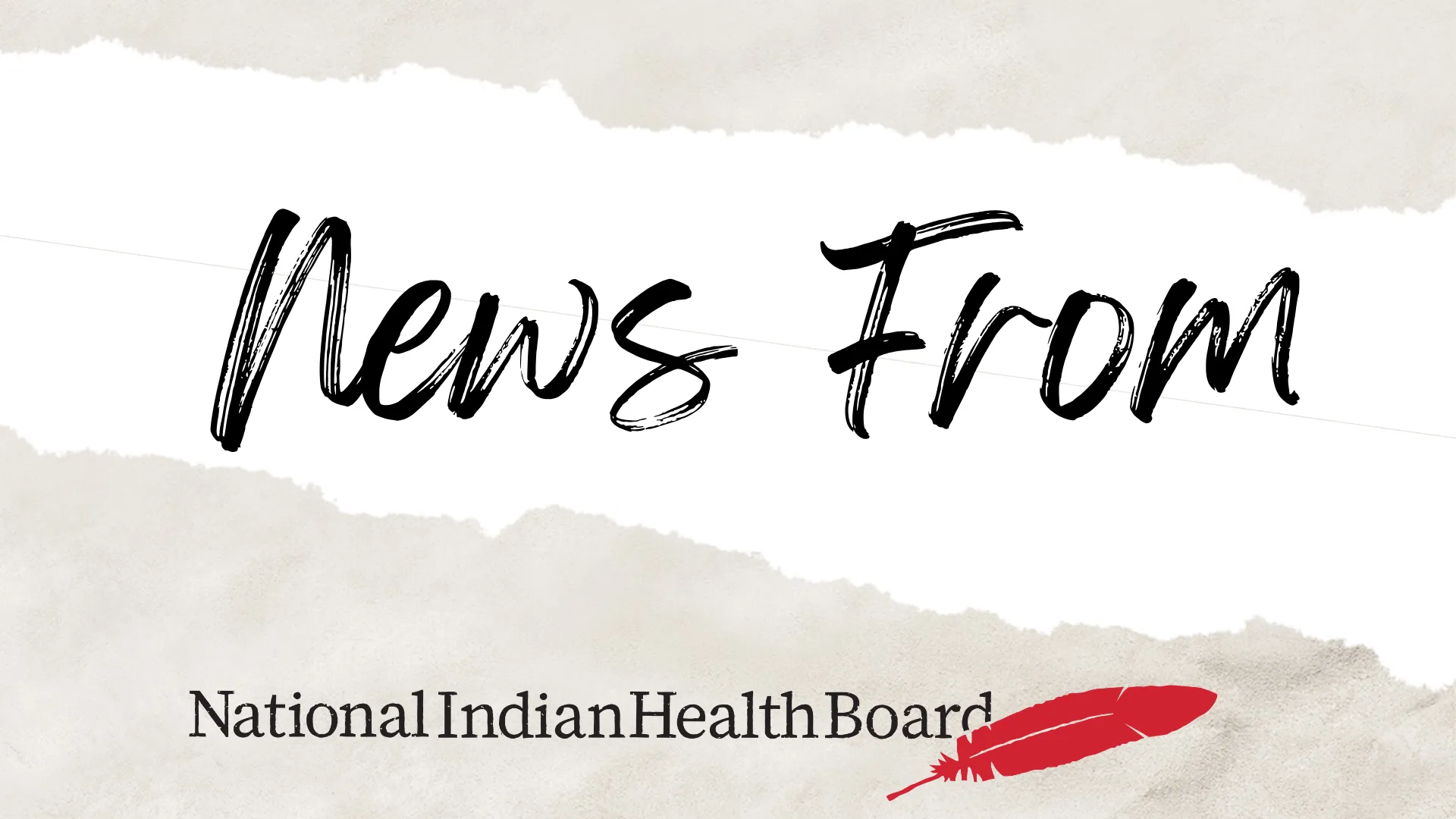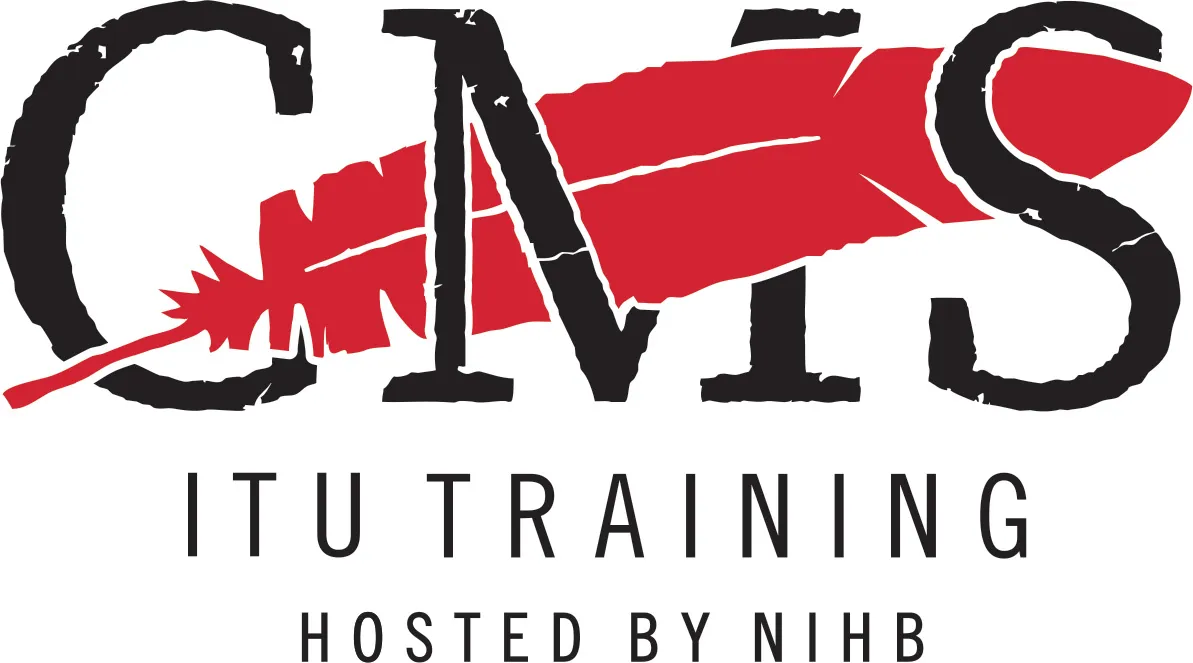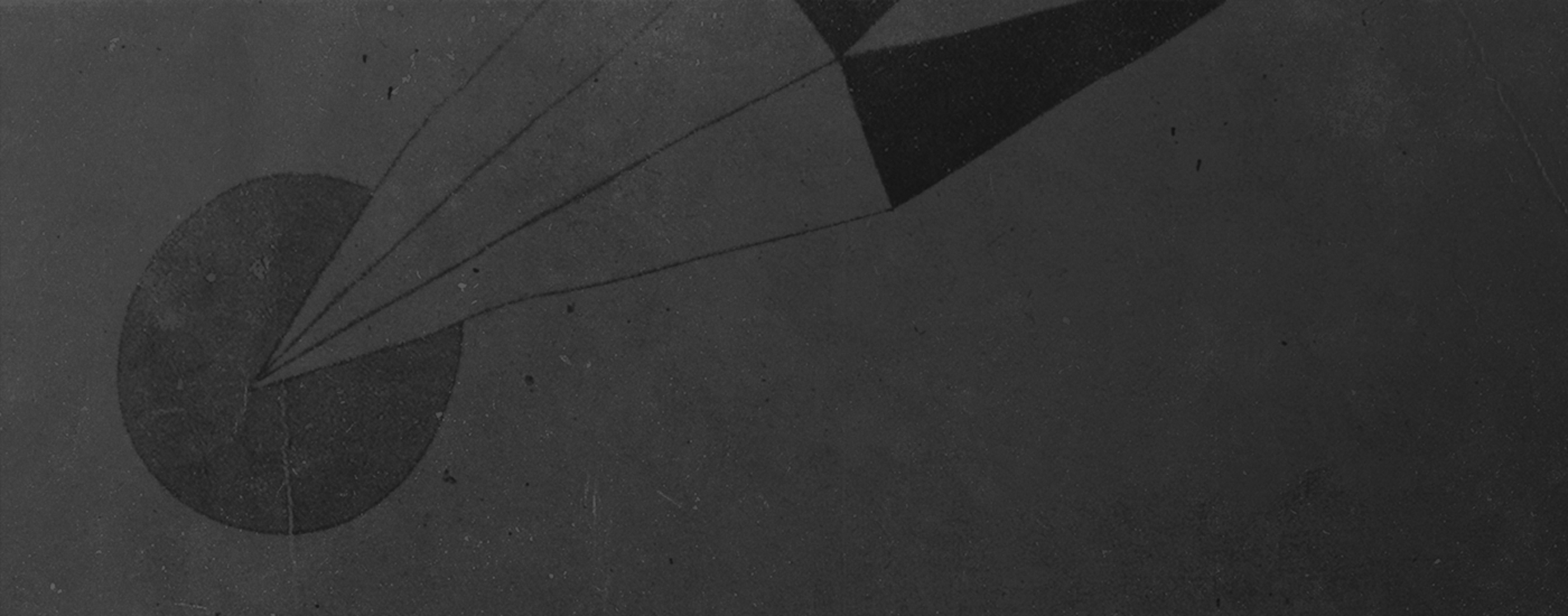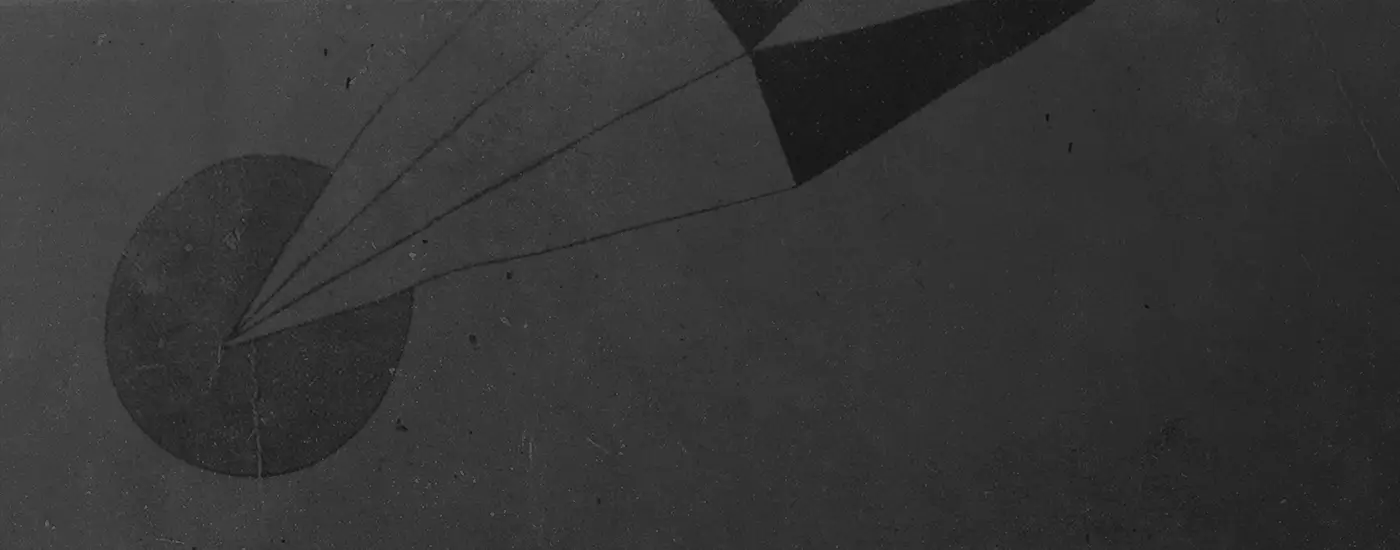Last week, the World Health Organization (WHO) released its World Report on Social Determinants of Health Equity, a landmark document that, for the first time, formally recognized Indigeneity as a social determinant of health. It also identified the Indigenous Determinants of Health (IDH) as distinct and essential to achieving global health equity.
This marks a significant advancement in global public health, and reflects the sustained advocacy efforts of Indigenous Peoples and organizations across the world – including NIHB.
This is an important validation of what our Tribal Nations have always known: the health of Indigenous Peoples cannot be separated from our lands, cultures, histories, and rights. The WHO’s acknowledgement brings international credibility to our lived experiences and the solutions we’ve long been calling for.
Why It Matters
Indigenous peoples around the world experience health outcomes that are profoundly shaped by colonization, land dispossession, loss of traditional knowledge, and systemic discrimination. The WHO’s report directly acknowledges this reality:
“Discrimination and dispossession from Indigenous land and territories, alongside loss of protective factors such as cultural identity, traditional medicine and unique Indigenous conceptualizations of health, drive inequitable health outcomes.”
(WHO Report, p. 83–84)
The inclusion of Indigeneity as a determinant of health signals a shift in how global institutions understand and address Indigenous health inequities. It also affirms that restoring cultural identity, protecting traditional knowledge, and ensuring self-determination are central to public health.
NIHB’s Advocacy on the Global Stage
NIHB has long advocated for the recognition of the Indigenous Determinants of Health in national and global forums. Since 2022, NIHB has submitted statements and participated in high-level meetings with the United Nations Permanent Forum on Indigenous Issues (UNPFII), the Expert Mechanism on the Rights of Indigenous Peoples (EMRIP), and the Pan American Health Organization (PAHO).
This milestone also follows a December 2023 decision by the World Health Assembly Executive Board to explore more inclusive approaches to health equity – paving the way for this recognition in the WHO report.
This isn’t just a report, it is a tool for accountability. Now, governments and institutions around the world must be held to a standard that includes cultural safety, Indigenous self-determination, and traditional knowledge in their health systems.
Looking Ahead
NIHB will continue to work with Tribal Nations, global partners, and health leaders to ensure this recognition leads to real change in systems and services that impact Indigenous communities.
This includes advocating for:
- Culturally safe, community-led care
- Greater representation of Indigenous health professionals
- The integration of traditional medicines and healing practices
- Full implementation of the UN Declaration on the Rights of Indigenous Peoples (UNDRIP)
Read the WHO World Report on the Social Determinants of Health Equity






